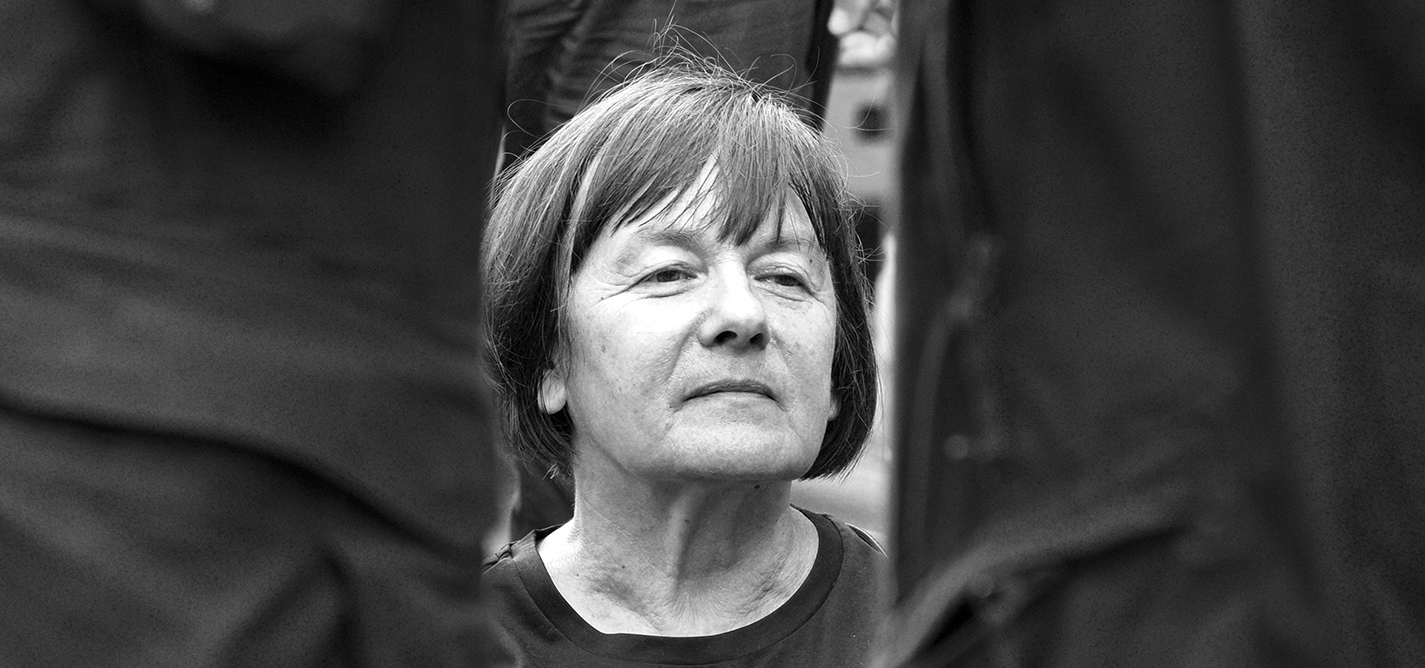
Bojana Genov: ‘The church is the biggest obstacle to achieving women’s rights in Croatia’
Croatian feminist activist discusses how to win over conservative forces that are attempting to renounce women’s rights.
"The separation of Church and state is part of the constitution, but it doesn’t exist in practice."
"The right to an abortion has already been awfully narrowed, and the adoption of the new law may be problematic."

Jelena Prtorić
Jelena Prtorić is a journalist that (mainly) covers South-eastern Europe, she writes for web and print platforms, in Croatian, English, and French. She usually writes about politics, human rights, culture, the environment, and a variety of social topics.
This story was originally written in Serbian.